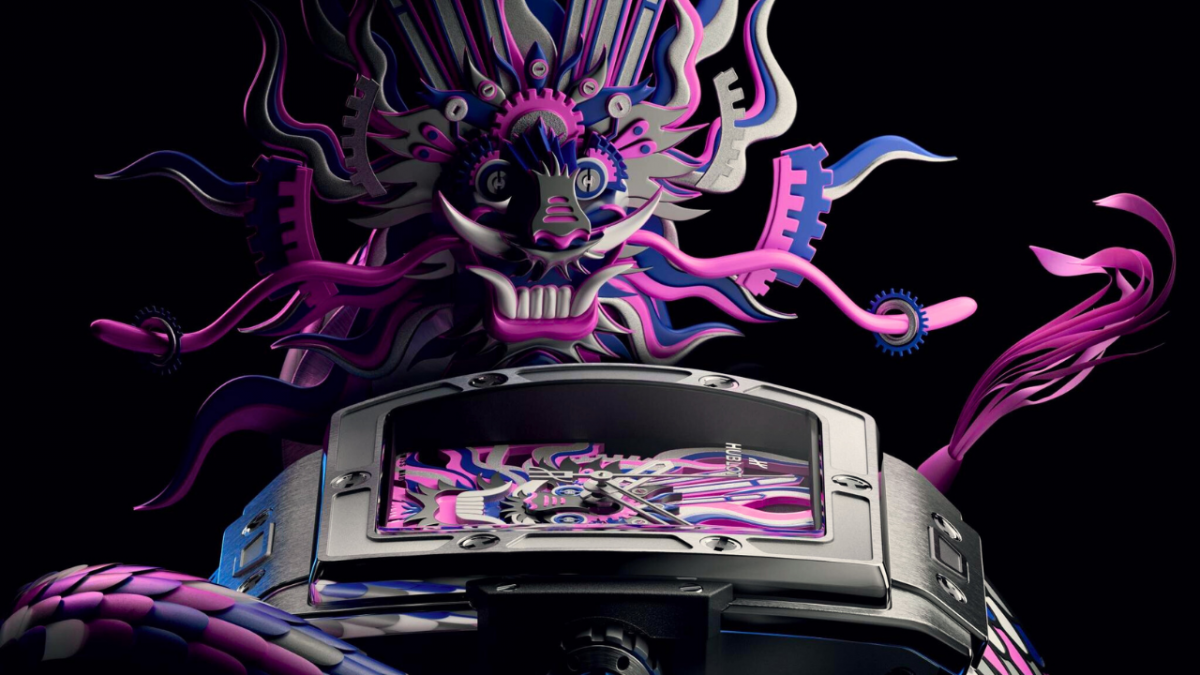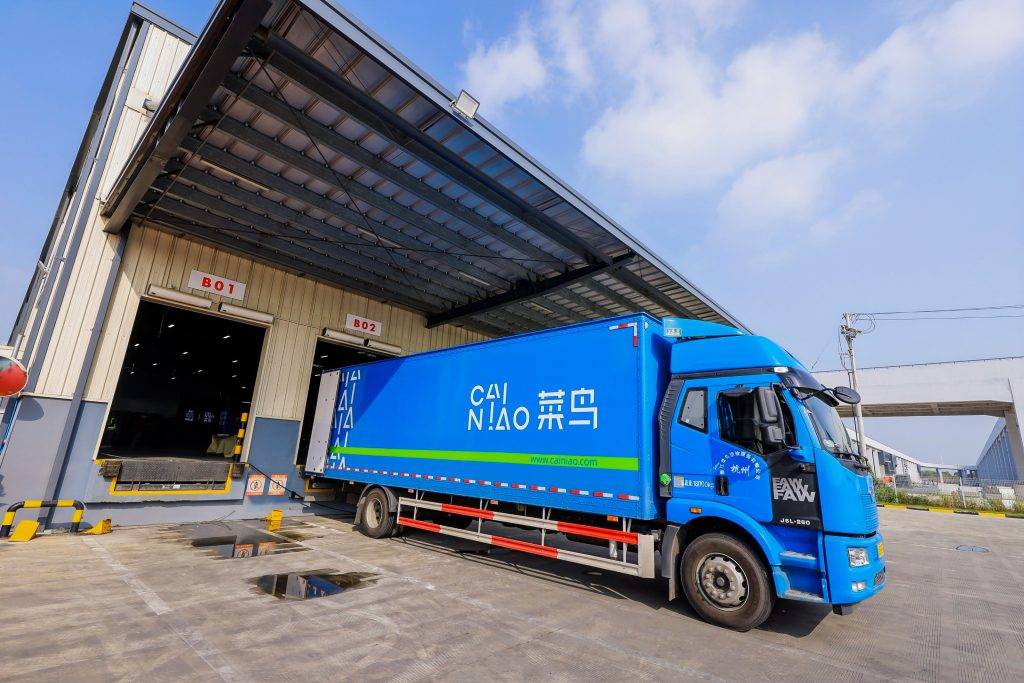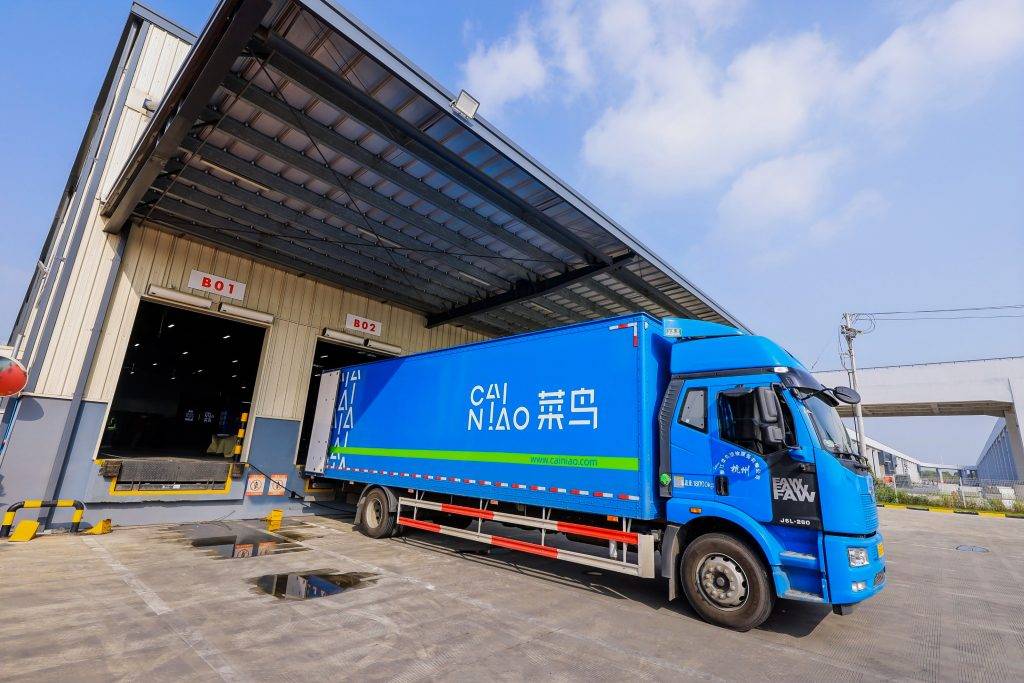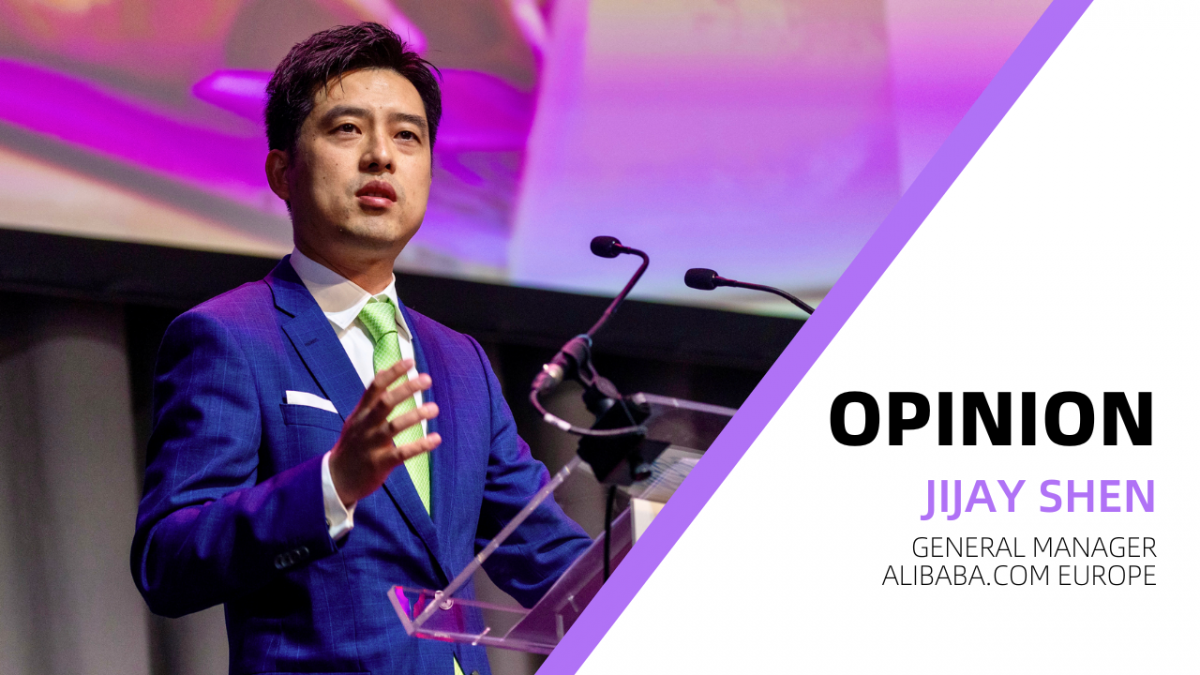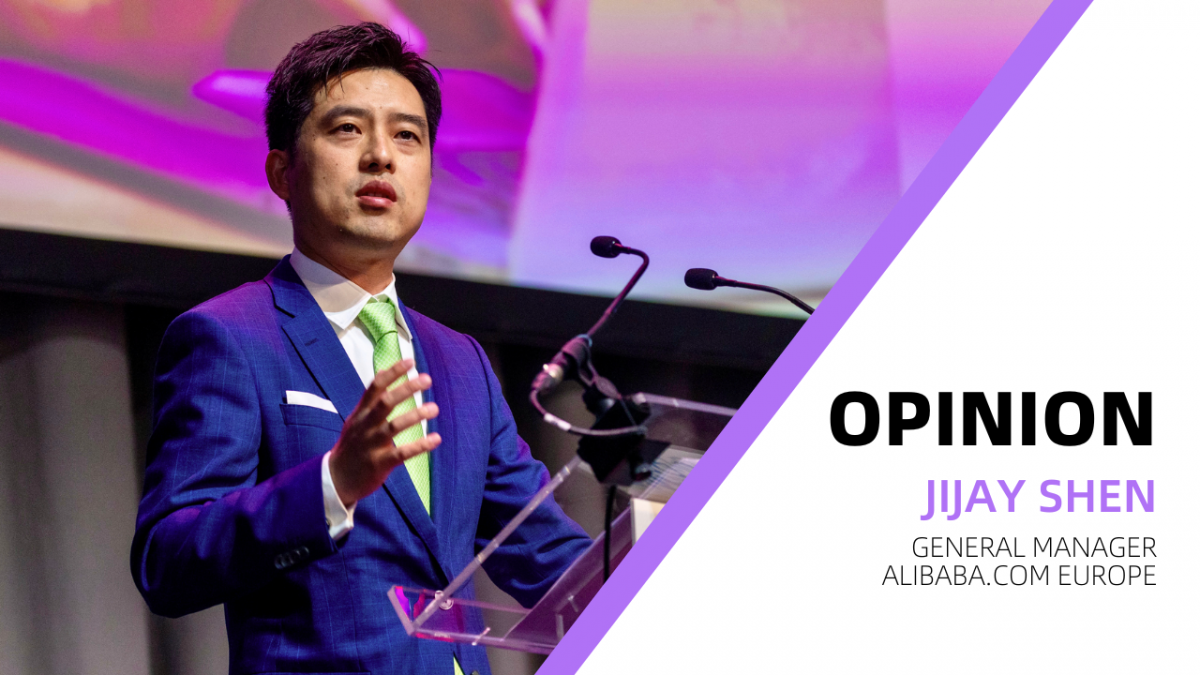
Photo credit: Shutterstock
Health and wellness brands exporting to China should brace for a barrage of questions, says a small business owner from Sydney, Jessica Bragdon.
Chinese consumers do far more research and ask more questions than shoppers in other markets, said Bragdon, who co-founded Sydney-based cleaning products brand Koala Eco and has been exporting to China since April 2022.
For Koala Eco, greater awareness about sustainability is a good thing, and the specialist in safe and powerful cosmetics and cleaning products powered by Australian botanicals has gotten used to fielding inquiries.
“People are becoming much more educated and aware of what they’re putting into their homes, on their skin, and in their bodies,” she told Alizila in an interview.
Bragdon, running the business alongside her husband and fellow co-founder Paul Davidson, speaks from experience.
The couple’s second son, Arthur, was born with neuroblastoma, a rare form of cancer, and needed extensive treatment during his childhood.
“We felt that by ensuring the products in our home were as clean and non-toxic as possible, it was going to be the best for him and best for us,” said Bragdon, who traded harsh chemicals like ammonia for essential oils and plant extracts.
This sentiment is shared by many Chinese consumers, who lead the world when it comes to awareness about the health impact of products, according to a 2021 study by consultancy Accenture.
Focusing on health and sustainability creates opportunities for global brands, including Koala Eco.
The brand recently set out to test the waters in China through Alibaba Group’s Tmall Global Ministore Program, an integrated solution for brands looking to quickly reach Chinese consumers with a low entry barrier for set-up.
“The global pandemic is reshaping the retail industry, and more businesses are moving to an e-commerce mode,” Pier Smulders, General Manager, Australia and New Zealand at Alibaba, told Alizila.
Chinese cross-border e-commerce jumped 18.6% year-on-year to RMB1.92 trillion last year, according to the country’s Ministry of Commerce.
“The Ministore Program will provide local businesses a simple and easy pathway to reach to millions and millions of customers in China who would otherwise be out of reach,” Smulders noted.
Mini But Mighty
The Tmall Global Ministore program makes it easy and cost-effective for global companies to build a following among Chinese consumers.
“It’s very similar to a Tmall Global Flagship store without the upfront costs. It has allowed us to test the market, just to see how the brand would resonate with Chinese consumers,” said Davidson.
Rather than having to store their products in a bonded warehouse in China, Koala Eco sends products to a warehouse in Sydney. Alibaba’s logistics arm Cainiao does the rest, leaving Bragdon and Davidson to focus on other matters – like keeping up with demand.
Koala’s launch earlier this year was so successful it quickly ran out of supply of the three products the brand decided to trial in the new market.
“That was very exciting for us,” said Davidson.
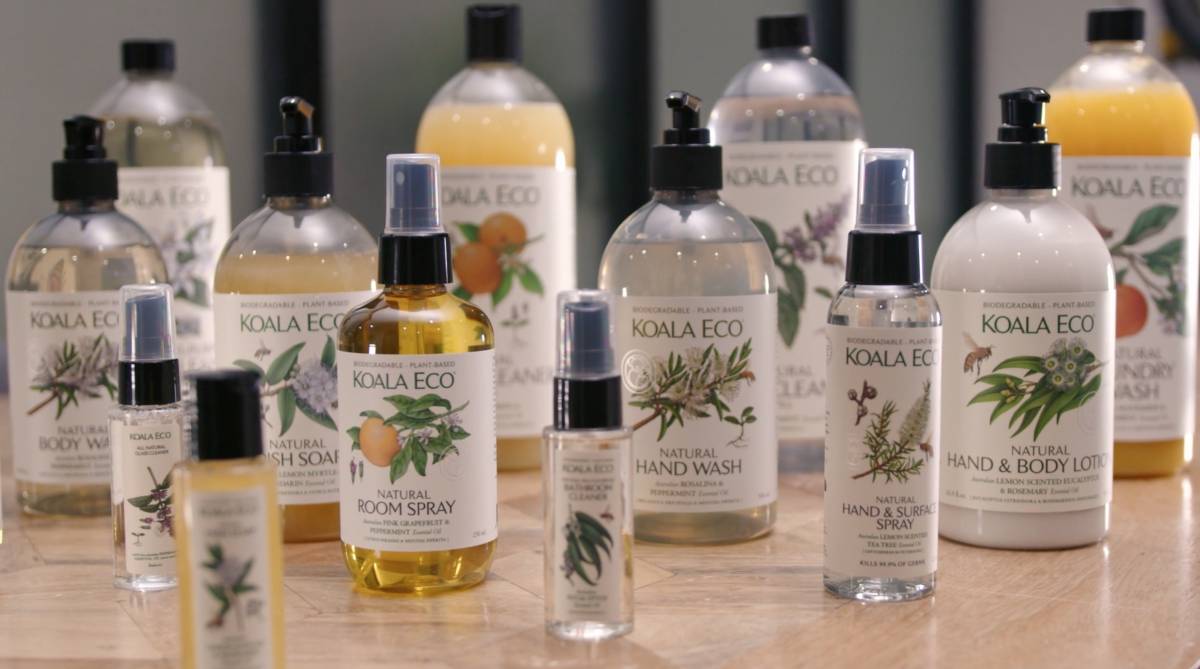
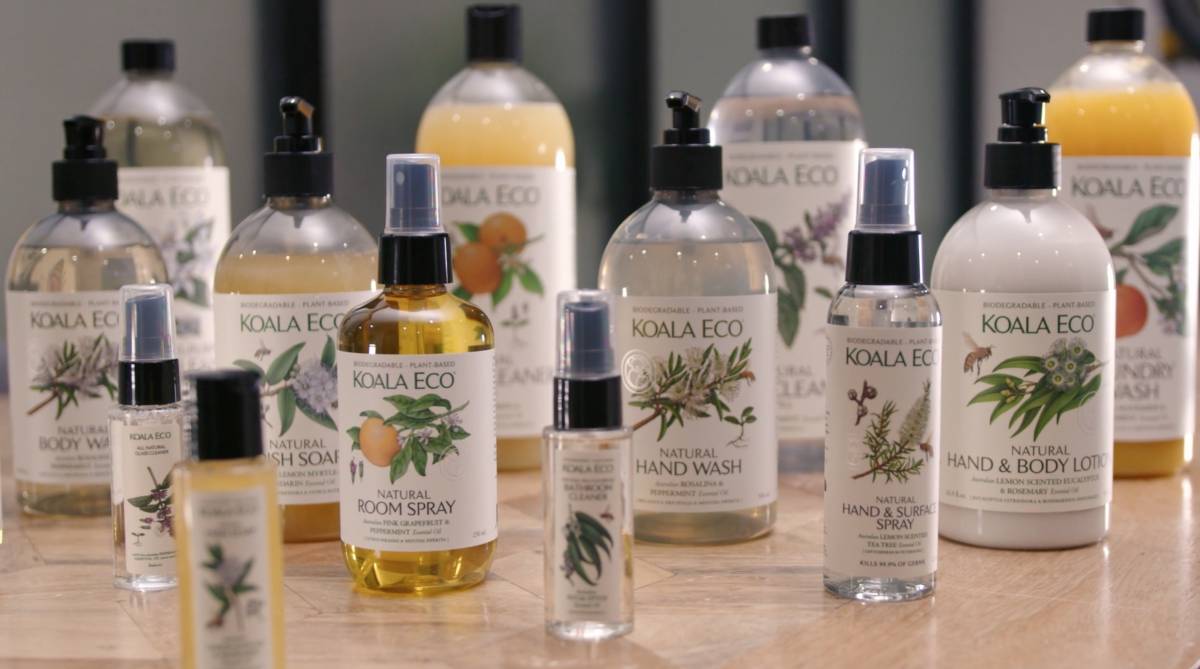

Evidence-Based Consumption
Koala Eco’s household cleaners kill 99.9% of germs, but Chinese consumers do not accept such claims blindly, stressed Bragdon.
“Lab testing is incredibly important for the Chinese consumer, so we made sure everything we say is backed up by independent lab tests in Australia and China,” she said.
The brand’s essential oils and botanicals are sourced from local farms in Australia and are key ingredients in its eucalyptus laundry wash, lemon dish soap and mandarin produce wash, which are available on Tmall.
Koala Eco uses a range of channels to educate consumers on the benefits of these ingredients. Its product labels, website and social media accounts aim to inform above all else.
“We also back this up with certification, so we are certified as safe, non-toxic, and allergy-free,” said Bragdon.
In addition, the brand directs promotional activities through the insight marketing function on the Tmall Global Ministore platform, which helps bring Koala Eco products to more than 100 million active consumers.
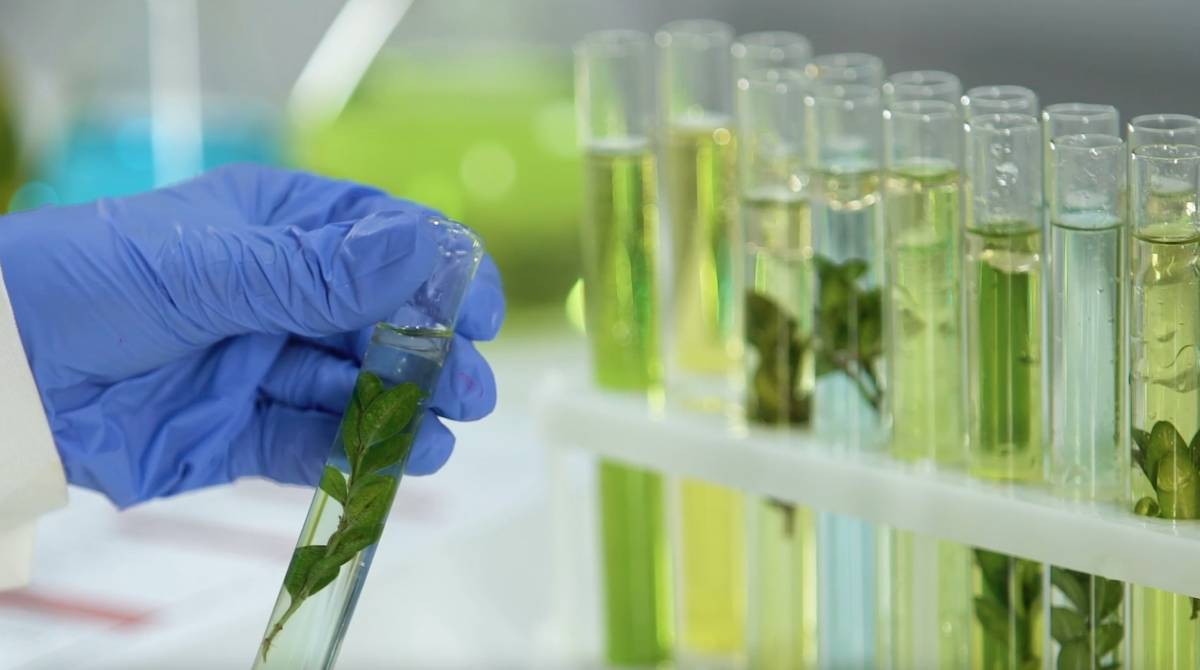
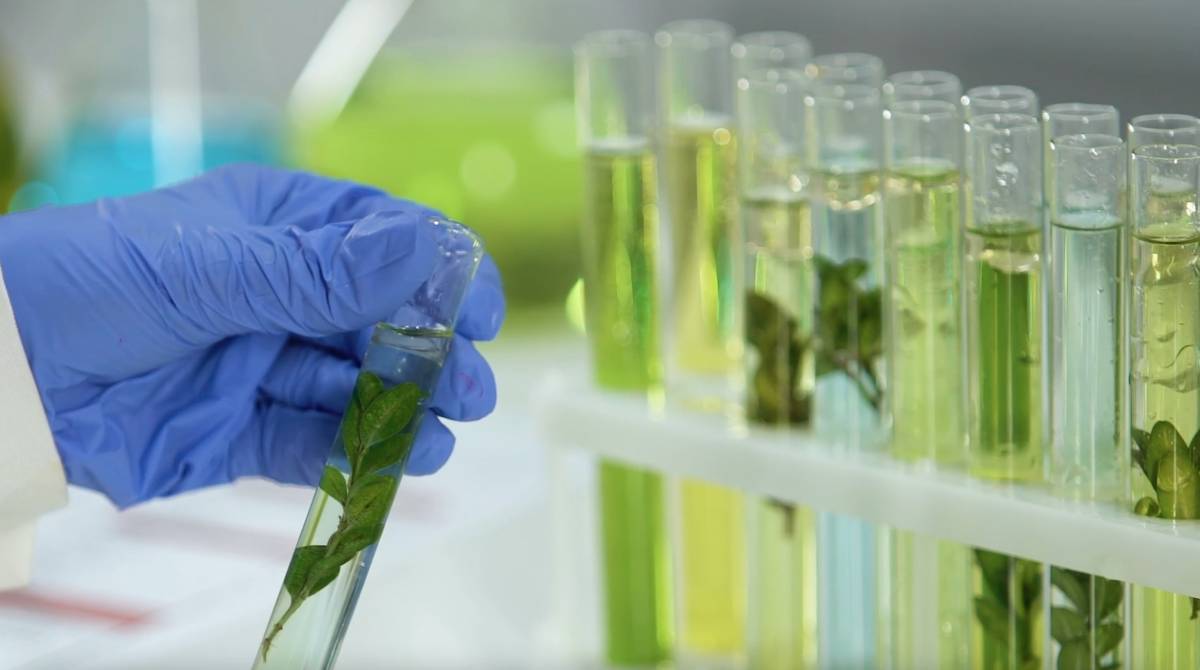

Scenting Success
Like most Tmall vendors, Koala Eco is gearing up for this year’s 11.11 Global Shopping Festival, the most important annual retail event for brands to reach consumers in China.
Koala Eco plans to launch content during the event to satisfy China’s growing demand for conscious consumption and sustainable products.
“This access to the vast China opportunity via Tmall Global couldn’t have come at a better time,” Smulders said.
Davidson believes a strong 11.11 campaign could propel Koala Eco much further in the country, but after running out of products once, he has more immediate concerns.
“First and foremost, it’s about making sure we have enough stock,” he said.
Given the enthusiastic response from Chinese consumers so far, Koala Eco hopes to launch a full-fledged Tmall Global Flagship store eventually.
“Moving forward, we plan to not only roll out all our products in China, but we’re also open to doing more market research to find out if there are specific products that we could develop for the Chinese market,” said Bragdon.


